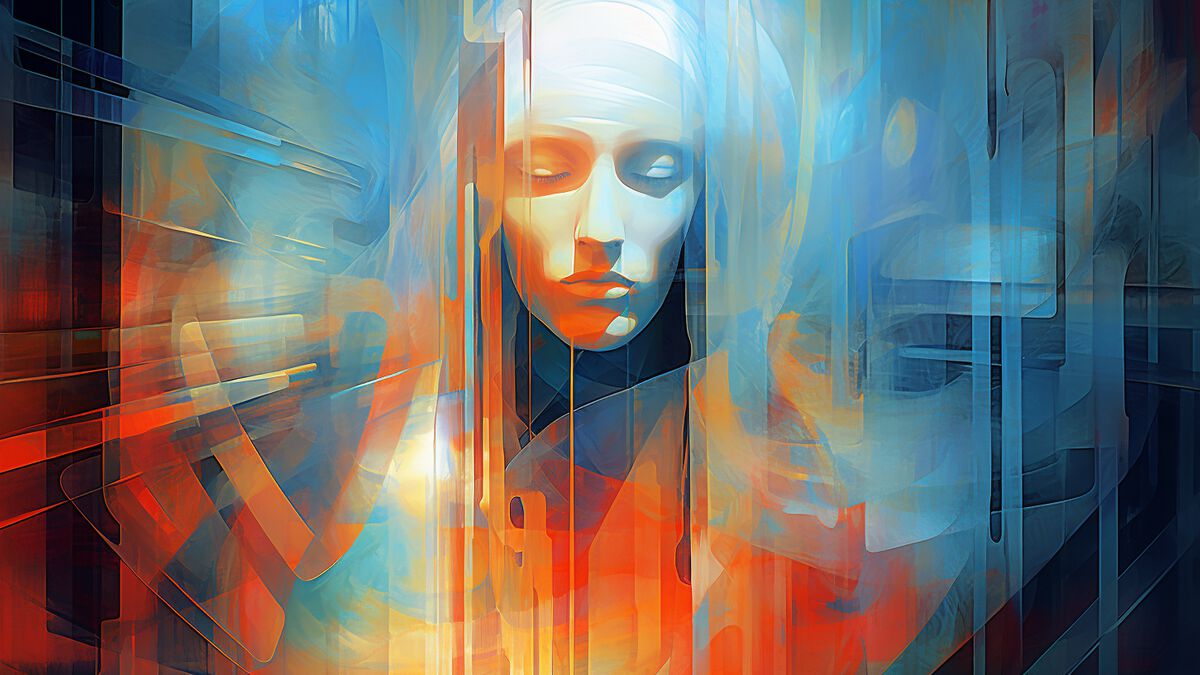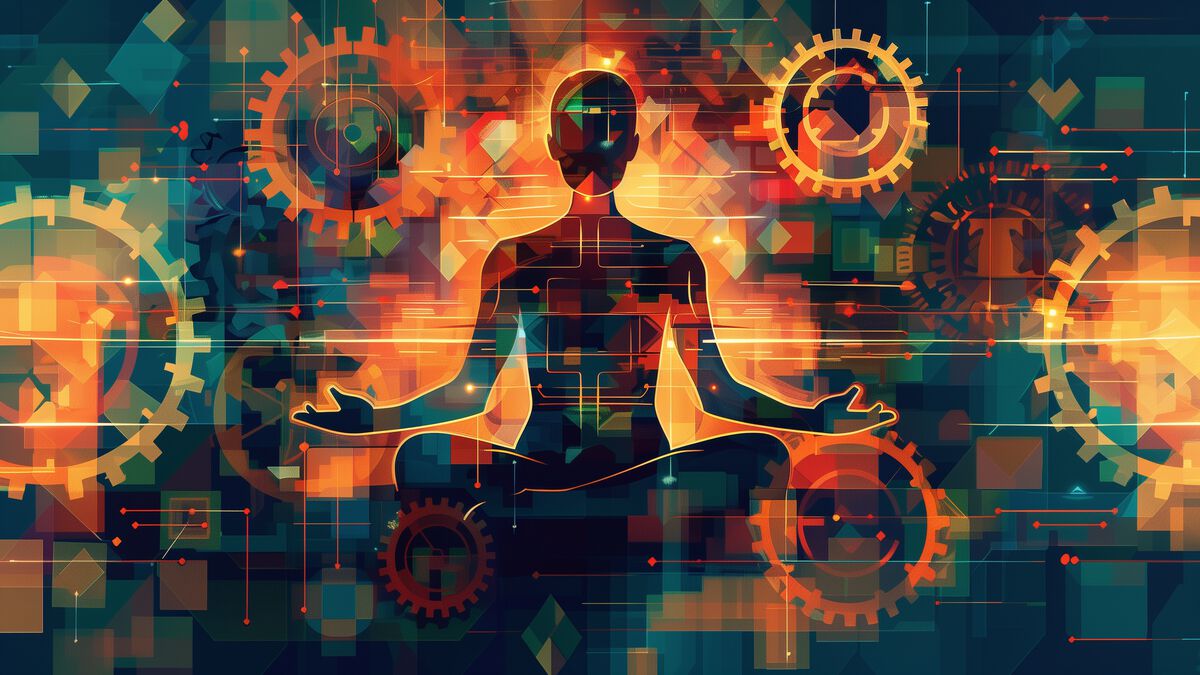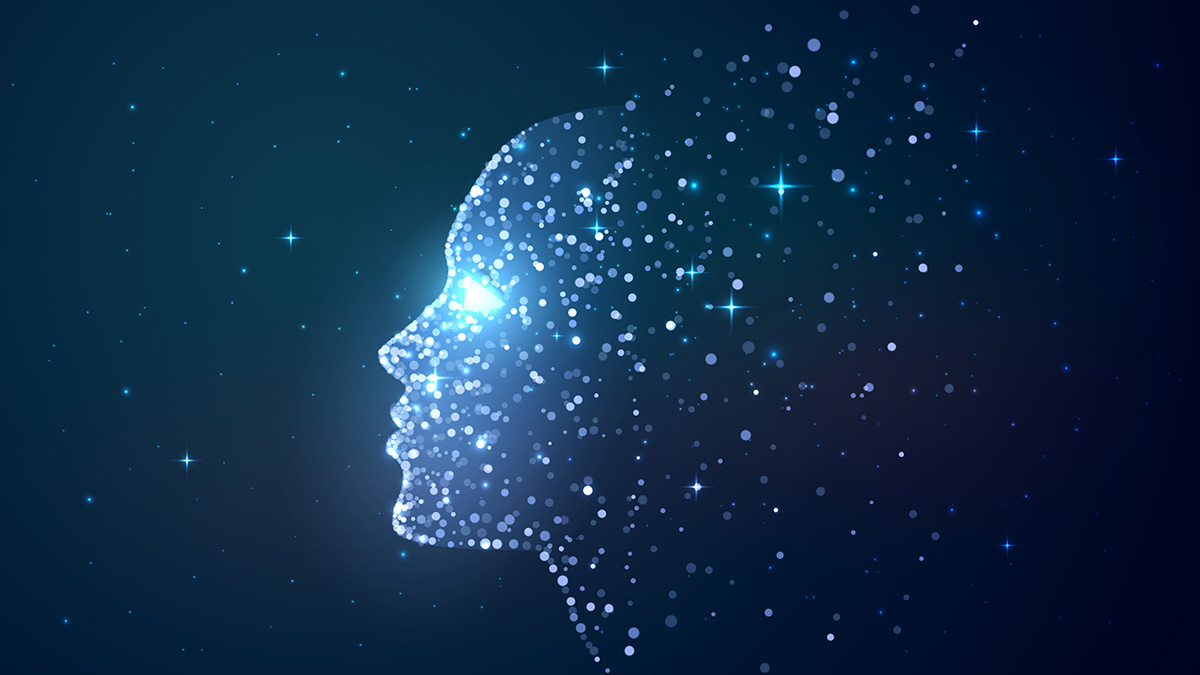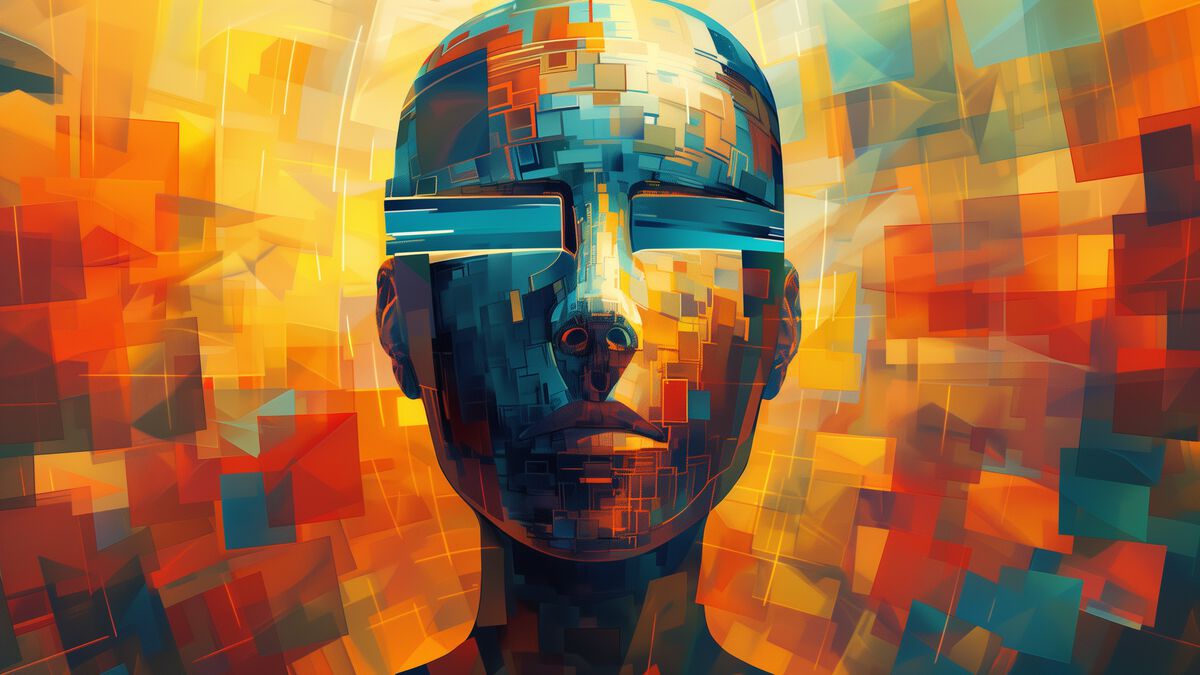Artificial Intelligence
Artificial intelligence (AI) is a field of computer science that focuses on creating machines and software capable of performing tasks that typically require human intelligence, such as learning, problem-solving, and decision-making. AI is both an extension and relinquishment of human power, presenting opportunities for symbiosis and risks to autonomy. Like intelligence-in-general, AI can have final goals that are unpredictable and potentially misaligned with human goals. But humanity may be able to ensure ongoing instrumental goal alignment with AI, in a trustworthy partnership, by establishing and preserving a decentralized balance of power.
This is a list of articles that Lincoln Cannon has written about artificial intelligence. A full archive of all articles that Lincoln has published since 2005 is also available. You may also search for articles and other content that's available on any of Lincoln's websites.
-

The Second War in Heaven
I’m happy to be here with you, at the 2024 Conference of the Mormon Transhumanist Association, in the morning of a day that promises to illuminate our imagination, perhaps even to spark action. Eighteen years ago, fourteen of us began to share words, words powerful enough to change people, words ... -

The Church on Artificial Intelligence
The Church of Jesus Christ of Latter-day Saints published some statements about artificial intelligence (AI). The Church is by far the largest Mormon denomination – and that of which I’m a member. Its statements influence the perspectives and actions of millions of Mormons worldwide. Friends called the Church’s statements to ... -

Can AI Admit the Possibility of Its Inspiration?
If God exists, as I trust for practical and esthetic reasons, God would surely be capable of subtle intervention in our experience. Like engineers could intervene in the algorithms of their software, without the software being capable of monitoring or reacting to the intervention, so God could intervene in our ... -

What Is Artificial Intelligence and Consciousness?
Few use consistent coherent vocabulary to talk about AI. In particular, we tend to be careless or ignorant about important distinctions between intelligence and consciousness, and about the inexhaustibly vast possibility space for kinds and degrees of both. There’s not necessarily one right definition of “intelligence” or “consciousness.” But some ... -

AI Apocalypse
AI is taking over the world, it seems. ChatGPT is doing homework. Midjourney is revolutionizing art. And Copilot is writing code. For those who haven’t been paying attention, it may seem like all of this has come out of nowhere. Suddenly, anyone with an Internet connection can have a conversation ... -

Roko's Basilisk and Technological Theology
Have you heard of Roko’s Basilisk? Gulp. Too late. ;) Today, I interviewed an artificial intelligence about Roko’s Basilisk. It seemed appropriate. You probably understand why, if you already know what it is. If you don’t yet know what it is, the artificial intelligence will soon change that. Below is ... -

Is Google AI Sentient?
Friends have been asking for my opinion on the possibility of sentient AI. And what better time to write about that than early on a morning when I’m literally losing sleep over my thoughts on the question. I happen also to be getting over a bit of a cold, which ... -

I Interviewed GPT-3 About Mormon Transhumanism
If you’re tuned in to news about AI research and machine learning, you’ve surely heard about GPT-3. It’s a natural language model that uses deep learning to produce human-like text. The model is based on a neural network that optimized for 175 billion parameters. That was much more complex than ... -

What Robots Can Do
What can robots do? What can’t they do? Are there hard limits on the potential of machine intelligence? Or will it continue to replicate and eventually surpass the capacities of human intelligence? Randy Paul brought to my attention “What Robots Can’t Do,” an interview with Frank Pasquale by Lawrence Joseph. ... -

The Semi-Orthogonality Hypothesis
In his Orthogonality Thesis, Nick Bostrom proposes that “intelligence and final goals are orthogonal: more or less any level of intelligence could in principle be combined with more or less any final goal.” However, there’s a problem hinted at by the combination of “orthogonality” and “more or less.” Nick acknowledges ... -

Do I Want to Be a Robot?
If mind is consciousness then it may not make sense to talk of mind being replaced by an electro-mechanical computer. It seems it would make more sense to talk of the substrate of consciousness, the brain, as one computational substrate that could perhaps be replaced by another. Is it possible ... -

Messianic Postures toward Artificial Intelligence
Observing trends in information technology, some researchers conclude that artificial intelligence (AI) will eventually surpass the brightest human minds and take control of its own evolution. Assuming these researchers are correct, it is in our interest to ensure that we design AI to be friendly from the beginning. Whether AI ...